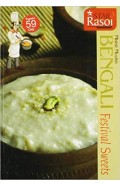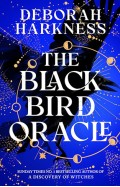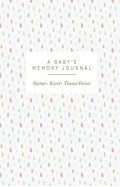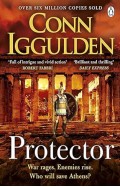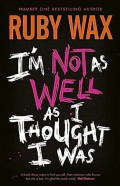- Home
- Non Fiction
- Art. Design and Architecture
- The Lost Mirror - Jews and Conversos in Medieval Spain
The Lost Mirror - Jews and Conversos in Medieval Spain
By: Joan Molina Figueras
-
Rs 14,395.50
- Rs 15,995.00
- 10%
You save Rs 1,599.50.
Due to constant currency fluctuation, prices are subject to change with or without notice.
Every image we create is a mirror that reflects a way of seeing. We look at the world and at others in relation to ourselves, through our own mentality and attitude. Using a broad selection of works, this exhibition recreates a medieval mirror that shows how Jews and conversos (converts to Christianity) were portrayed by Christians in Spain from 1285 to 1492. Images played a key role in the complex relationship between all three groups during this period. On the one hand, they were an important vehicle for the transmission of rites and artistic models between Christians and Jews and provided a space for collaboration between artists from both communities. On the other – the grim flipside – they helped spread the growing anti-Judaism embedded in Christian society. In this respect, the visual stigmatisation of the Jews was a faithful reflection of the Christians’ mirror, of their beliefs and anxieties, and accordingly a powerful means of asserting their identity.
Every image we create is a mirror that reflects a way of seeing. We look at the world and at others in relation to ourselves, through our own mentality and attitude. Using a broad selection of works, this exhibition recreates a medieval mirror that shows how Jews and conversos (converts to Christianity) were portrayed by Christians in Spain from 1285 to 1492. Images played a key role in the complex relationship between all three groups during this period. On the one hand, they were an important vehicle for the transmission of rites and artistic models between Christians and Jews and provided a space for collaboration between artists from both communities. On the other – the grim flipside – they helped spread the growing anti-Judaism embedded in Christian society. In this respect, the visual stigmatisation of the Jews was a faithful reflection of the Christians’ mirror, of their beliefs and anxieties, and accordingly a powerful means of asserting their identity.
The Lost Mirror - Jews and Conversos in Medieval Spain
By: Joan Molina Figueras
Rs 14,395.50 Rs 15,995.00 Ex Tax :Rs 14,395.50
Zubin Mehta: A Musical Journey (An Authorized Biography)
By: VOID - Bakhtiar K. Dadabhoy
Rs 892.50 Rs 1,050.00 Ex Tax :Rs 892.50
The Origins of Political Order From Prehuman Times to the French RevolutioN
By: Francis Fukuyama
Rs 4,045.50 Rs 4,495.00 Ex Tax :Rs 4,045.50
Manning Up: How the Rise of Women Has Turned Men into Boys
By: Kay Hymowitz
Rs 845.75 Rs 995.00 Ex Tax :Rs 845.75
The Obama Syndrome: Surrender At Home War Abroad
By: Tariq Ali
Rs 1,100.75 Rs 1,295.00 Ex Tax :Rs 1,100.75
The Quest For Meaning: Developing A Philosophy Of Pluralism
By: Tariq Ramadan
Rs 1,185.75 Rs 1,395.00 Ex Tax :Rs 1,185.75
No similar books from this author available at the moment.
A Babys Memory Journal: Love. Record. Treasure: Love. Record. Treasure Forever
By: Joanna Gray
Rs 1,950.75 Rs 2,295.00 Ex Tax :Rs 1,950.75
How Silicon Valley Unleashed Techno-Feudalism - The Making of the Digital Economy
By: Cédric Durand
Rs 5,935.50 Rs 6,595.00 Ex Tax :Rs 5,935.50
Free For All - Why The NHS Is Worth Saving
By: Gavin Francis
Rs 1,950.75 Rs 2,295.00 Ex Tax :Rs 1,950.75
Zubin Mehta: A Musical Journey (An Authorized Biography)
By: VOID - Bakhtiar K. Dadabhoy
Rs 892.50 Rs 1,050.00 Ex Tax :Rs 892.50
The Lost Mirror - Jews and Conversos in Medieval Spain
By: Joan Molina Figueras
Rs 14,395.50 Rs 15,995.00 Ex Tax :Rs 14,395.50














-120x187.jpg?q6)





-120x187.jpg?q6)







